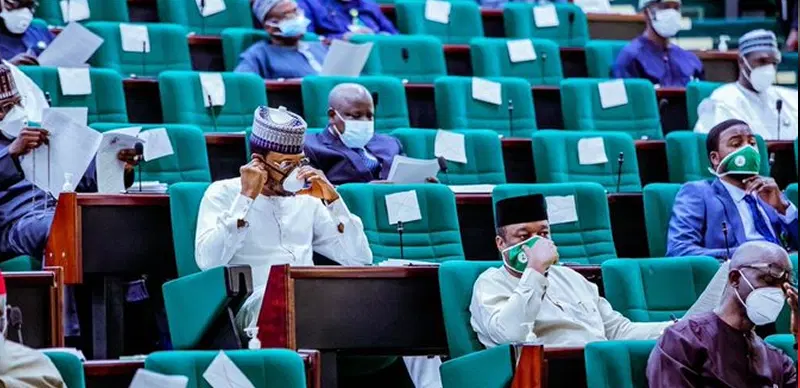Melvin Onwubuke
Goldman Sachs analysts Andrew Matheny and Bojosi Morule have forecasted a significant appreciation of the exchange rate to N1,200 to a dollar.
That is a profound recovery from its perceived undervalued state.
The projection is based on the transition of Nigeria away from a destabilising monetary policy, with significant, negative interest rates, which would lead to a significant naira depreciation, according to Nairametrics.
According to the analysts’ report, the naira has depreciated by 70% over the last nine months.
However, with positive real rates and a shift to more orthodox policy frameworks, marking the beginning of Nigeria’s recovery from its currency crisis, this tide is expected to turn.
The analysts have noted the need to continue and sustain efforts in order to ensure a lasting economic stabilisation.
Goldman Sachs analysts pointed out that, as a positive development, the recently completed monetary policy transition by President Bola Tinubu has led to an important shift in focus, towards inflation targets and greater flexibility of exchange rates.
Despite these forward-looking reforms, the initial phase of implementation has been criticized for its lack of a clear policy anchor and a defined strategy which previously left the naira vulnerable, leading to escalating inflation and currency depreciation depth until recent times.
The report reads “We argued that addressing Nigeria’s currency and external liquidity crisis required positive real interest rates and capital inflows, conditions that were both present – at least in a limited form – for the first time last week on the back of the central bank’s monetary policy adjustments and bill issuance.
“In our view, this is the cue to turn constructive on the FX outlook, even if more decisive rate increases and confirmation of the policy shift are likely required to attract meaningful foreign inflows. This is especially the case given that, in the near term, inflation on our estimates is likely to rise further on the back of lagged currency depreciation and given that real interest rates are still comparatively low relative to elsewhere (most notably Egypt, which is likely to be a beneficiary of large inflows on the back of recent policy adjustments).
“We think the Naira looks cheap on a REER basis in a historical context. Added to this, the current account surplus was +3.5% of GDP in 2023Q3, and we expect it to increase above +5.0% on the recent FX moves and associated import compression. We thus see the reason for the Naira to be undervalued, and we see it appreciating to 1200 within the next 12 months.”
Recall, that the Naira lost about 68% of its value, marking a significant downturn since the implementation of the foreign exchange unification policy.
The Naira’s weakness has had a wide impact on the economy, including higher import costs, a rising inflation rate, a decline in buying power, and deterrent effects on investment inflows.
With some reforms, such as the clearing of a backlog of foreign exchange liabilities that the CBN said would be fully cleared within days, the central bank has been actively addressing this issue in the country.










